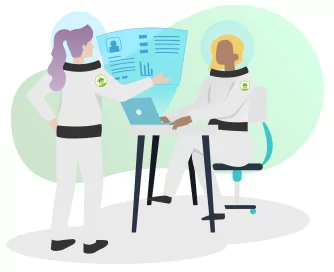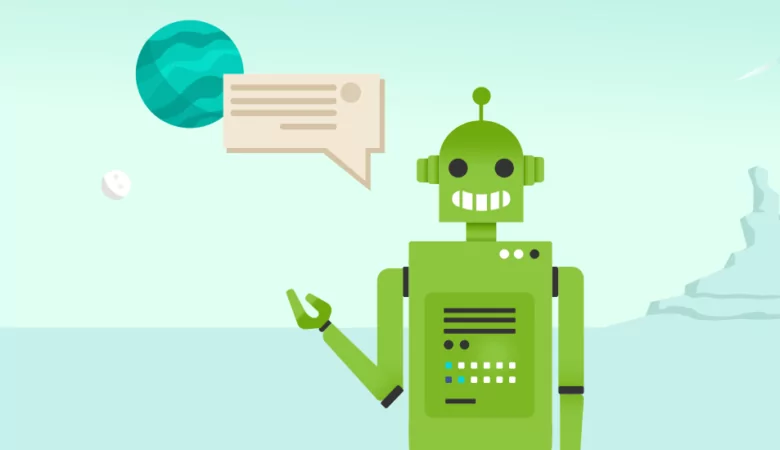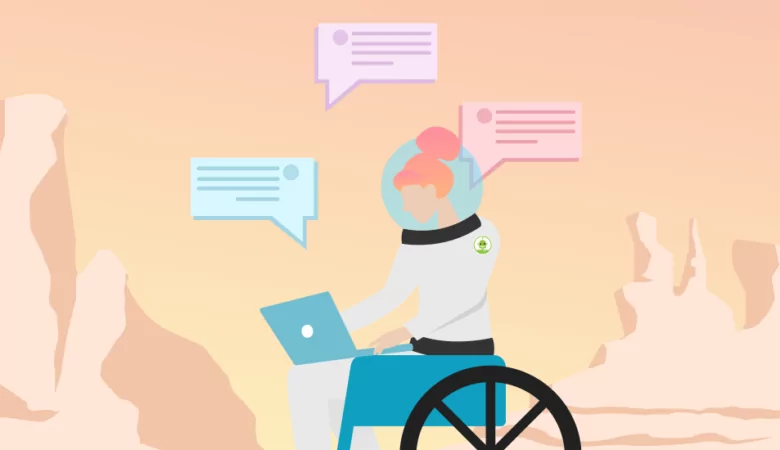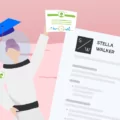Sending a thank-you email after an interview is a great way to stand out to an employer. Here’s how you can write a thank-you email that a recruiter will love.

How to Write a Great Thank-you Email After an Interview
Thank-you Email After an Interview
So, your resume has done its job and landed you an interview with the hiring manager, and you’re a step closer to your dream job. You’ve had a job interview and made a strong case about your suitability for the position. Now’s the time to close the deal and write a thank-you email to your interviewer that really you stand out.

What Is the Purpose of Sending a Thank-you Email?
A thank-you email or note is a short, simple piece of correspondence that you should send to a recruiter after an interview. The purpose of doing this is to thank the hiring manager for their time and provide any additional information that you feel you may have failed to give at the interview. While not a formal part of the hiring process, these follow-up letters are considered a part of job application etiquette and should become a fixed feature of your job search if you want to be successful. The reason for this is twofold. First, hiring managers interview hundreds of people for various positions every month, especially in large companies. If you follow up your interview with a short thank-you note or email, you will be more likely to stick in their mind. Second, many recruiters consider this a matter of manners and may look less favorably on you if you do not send one.
The Basic Structure of a Thank-you Email
A thank-you letter is a very simple piece of business correspondence that should take up no more than a single page in length. Ideally, you should limit your thank-you note to half a page. Follow this basic template to write an effective follow-up email:
1. Subject line
If you send your thank-you note in email form, you will need an appropriate email subject line. Something simple, such as “Thank you for meeting with me,” should be just fine.
2. Salutation (including interviewer name)
In the body of the email or thank-you letter, you should address the hiring manager you spoke with by name. When you use the interviewer’s name, you will show them that you were giving them your full attention.
3. Opening statement
Your opening statement should be a short thank-you message. Something as simple as “I want to thank you for taking the time to speak with me on [date] about the role of [job title] at [company name]” is fine for either a phone interview or an in-person interview.
4. Job interview callback
When you write your post-interview email, touch on the point of interest either to give additional information or reiterate a point you wish to make regarding some of the interview questions you were asked. This may help to refresh the hiring manager’s memory of you.
5. Additional information (optional)
Because a follow-up email is an accepted but informal part of the interview process these days, it is also an opportunity to provide additional information. If you forgot to mention something that could influence the hiring decision, this is the time to raise that topic. You can also use this as an opportunity to answer any questions that were brought up at the interview but weren’t answered or provide more information, such as details on your LinkedIn profile.
6. Closing
The closing statement of your thank-you letter should include a call to action. This is your chance to ask for a second interview or invite hiring managers to contact you if they need more information. A good example of this would be “I look forward to hearing from you in the near future.” You should then use a professional closing like “Yours sincerely” or “Best regards” and sign your full name.
How To Make Your Thank-you Note Shine
The right thank-you note can get you a new job, but you have to know how to make it stand out from the rest in a recruiter’s inbox. One of the easiest ways to do this is to consider the nature of the job interview. If you had a panel interview, for example, send a note to each interviewer. Likewise, if you had an in-person interview with a small business owner, a handwritten note with an attached business card that is sent by snail mail may have the personal touch required to single you out. Here are some basic tips to make your thank-you note shine:
-
Use active language (e.g., “developed” or “created” rather than “was responsible for”)
-
Be positive and confident.
-
Reiterate your interest in the company and job title
-
Use the company name in full
Finally, don’t be afraid to read sample thank-you notes and use an email template to get inspiration and ensure proper formatting. If you write your thank-you note well, you may be invited for a second job interview. Take full advantage of your second interview by reconsidering these basic interview tips and tricks.
FAQ: Thank-you Email After an Interview
Yes. Failing to send a thank-you note of some kind post-interview is one of the easiest ways to miss out on a job opportunity. Most hiring managers and recruiters consider whether or not a job seeker sent a thank-you note when making a hiring decision. Therefore, a post-interview thank-you email is one of the easiest ways to increase your chance of success.
Neither option is inherently better than the other. They are simply better for different situations. If you are applying to work with a small business that puts a lot of importance on family values, a handwritten thank-you note may be more in line with their values. For large companies with a huge volume of applicants, a thank-you email may be more efficient.
Yes. You should send a thank-you note after every job interview that you have. Second or third interviews indicate that the recruiter is almost ready to make a decision, so making a good impression afterward is even more important. The few moments it takes to create a thank-you email could make all the difference to the hiring manager’s decision.








